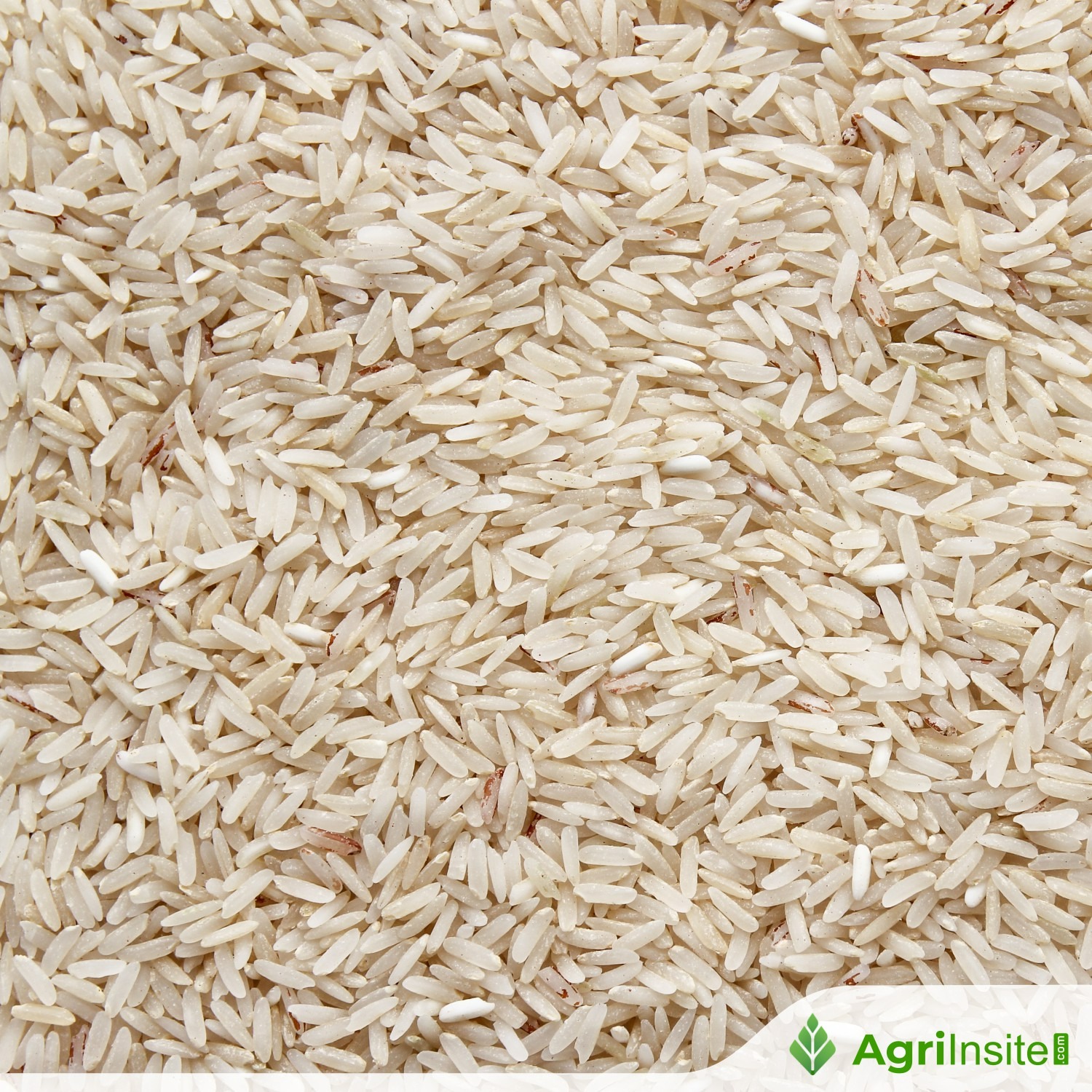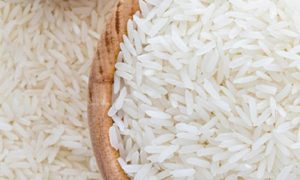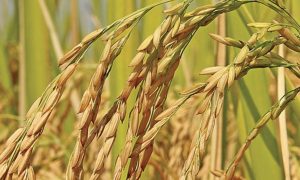Gambia Seeks Nigeria’s Support to Boost Rice Production

The Gambia is seeking Nigeria’s support to boost rice production and achieve food self-sufficiency. During a visit to Abuja, Gambian Agriculture Minister Dr. Dembal Sabally praised Nigeria’s success in rice cultivation and toured Kebbi’s rice mills. Nigeria’s Minister Abubakar Kyari welcomed the partnership, highlighting local achievements in mechanisation, seed development, and out grower schemes to support small farmers.
The Government of Gambia is seeking Nigeria’s support to improve rice production and achieve food self-sufficiency, as part of a broader agricultural collaboration between both countries.
This was the highlight of a recent courtesy visit by the Gambian Minister of Agriculture, Livestock and Food Security, Dr. Dembal Sabally, to Nigeria’s Minister of Agriculture and Food Security, Senator Abubakar Kyari, in Abuja.
Sabally said Gambia currently imports over 80 per cent of its rice and hopes to learn from Nigeria’s progress in local rice cultivation. “Nigeria has overcome rice insufficiency, of which Gambia is still struggling to achieve self-sufficiency in rice production,” he said.
The Gambian delegation toured rice mills and irrigation facilities in Kebbi State. “We saw the irrigation processes and intend to replicate the same in Gambia,” Sabally noted.
He added that Nigeria’s out grower scheme stood out among the strategies they hope to adopt.
“The scheme covers the challenges from post-harvest management, mechanisation, seeds, packaging, and the trade of rice.”
To consolidate the collaboration, Sabally called on Nigeria to assign a “Rice Ambassador” to help replicate the model in Gambia.
Responding in a statement on Sunday, Kyari welcomed the partnership, praising Gambia’s efforts to learn from Nigeria’s experience. “We must achieve food security and food sovereignty,” he said, quoting President Bola Ahmed Tinubu’s directive on agriculture.
Kyari emphasised zed that Nigeria has made huge investments in agriculture, including over N200bn in interventions and the free distribution of over N2.15m worth of fertilisers to farmers.
He also highlighted achievements in wheat production: “In 2023, farmers were also assisted with imported wheat seeds and as at last year, no seed was imported, because we have developed our own seeds internally.”
The Minister acknowledged challenges in rice affordability and availability but pointed to ongoing solutions, including increased mechanisation.
“We have a huge capacity within our youths, but because of the drudgery involved, it scares them away. We felt the need to take up mechanisation to make agriculture a business,” he said.
Kyari also noted the benefits of Nigeria’s out grower scheme. “It has turned agriculture around we believe that small-scale farmers should also have access to long-term financing.”
The meeting concluded with the presentation of key policy documents, including the National Agricultural Transformation Agenda, to the Gambian team.
Also present were Nigeria’s Minister of State for Agriculture, Sen. Aliyu Abdullahi, the Permanent Secretaries of both ministries, and development partners.
To Read more about Wheat News continue reading Agriinsite.com
Source : Point Blank News















